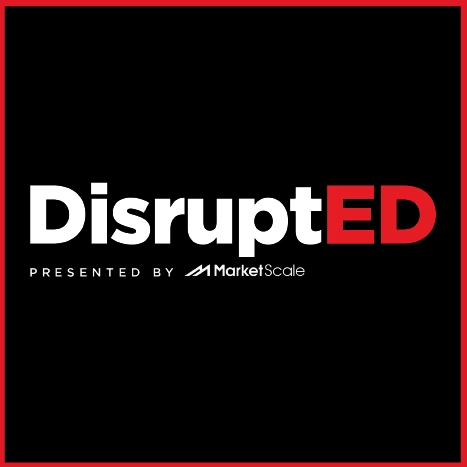The Future of Residential College: Hybrid, Scalable, and Built for Student Demand
The traditional residential college experience is transforming. Driven by rising costs, declining enrollment, and student demand for flexibility, small private colleges are rethinking their academic models. A 2022 McKinsey & Company survey found that 65 percent of higher education students want aspects of their learning experience to remain virtual, even post-pandemic. This shift signals a growing appetite for hybrid environments that blend campus life with scalable online access.
What does a hybrid future look like for small colleges, and can it preserve the heart of the campus experience while offering students more?
On DisruptED, guest host Darin Francis, the CEO at Harbinger Lane Consulting, welcomes Charlie Anastasi, the VP at Rize Education. Anastasi explains how his team is guiding colleges through the shift toward hybrid learning. Speaking from the ASU+GSV Summit, he describes how Rize partners with over 100 institutions, including many residential colleges, to collaboratively deliver online programs that broaden academic offerings, boost enrollment, and improve career outcomes.
Key Takeaways
-
Rize enables small colleges to launch high-demand programs like cybersecurity by sharing core online courses across institutions.
-
Students retain the in-person residential experience while gaining access to new majors that would otherwise be cost-prohibitive to launch individually.
-
Rize partners report a fivefold return on investment through increased enrollment and strong student satisfaction with hybrid course offerings.
Charlie Anastasi is Vice President of Revenue and Academic Partnerships at RizeEducation, where he leads institutional growth strategies that expand access to affordable, career-aligned programs. He previously served in leadership roles at Adrian College and CADRE, bridging higher education innovation with strategic development. Earlier in his career, he worked in real estate private equity at Blackstone, bringing strong financial and operational expertise to the education sector.




